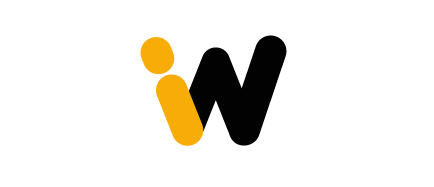Turkish Student Creates Custom AI Device for Cheating
Turkish student creates custom AI device for cheating university exam, gets arrested
There has been an intense discussion recently, where the application of AI was used for cheating in a university by a Turkish student created legal consequences. This case is a pool of the key issues of technology, ethics, and academic integrity, which prompt the understanding of the prospects of the improper use of new technologies in learning activities.
The Incident Unfolds
Custom AI Device
A student, who remains anonymous, used and developed a specific AI device to compromise the exams regulation. The device which was embedded with AI algorithms, was claimed to be able to supply real-time responses and cues to examination question –an advantage which violates the rights of other students.
Detection and Consequences
This is because uni authorities realized some of the students were using unauthorized AI during exams hence arresting the student. Since then, the event has attracted a lot of attention, leading to future consequences of incorporating technology into academic settings.
Ethical and Legal Implications
Technology Misuse
Despite the promises of AI in terms of improvement and the creation of new solutions across the sectors, its misuse is unethical, as illustrated by this case. Cheating violates the set standards of sanity and integrity in academic settings and hampers the reliability of evaluation and accreditation processes.
Legal Consequences
As a result of the event, the student received punishment in the form of legal sanctions because of the violation of the rules regarding taking exams and, most probably, violation of the rights protected by the policy of academic integrity. The case is specific but it also serves as a word of advice concerning the legal consequences of employing technology in an unlawful manner.
Reflections on Academic Integrity
Promoting Fairness
The importance of maintaining academic integrity cannot be underestimated since the aim of an academic community is to disseminate knowledge and enhance skills. Consequently, ethical standards are maintained so that students’ performance and evaluation results are fairly standardized and accurate.
Educational Institutions’ Response
At the center of protecting academic integrity, educational institutions have drawn essential responsibilities of preventive measures: adoption of safety testing policies and employing technology detecting systems and anti-cheating campaigns.
Conclusion
The issue of the AI cheating device used by the Turkish student makes it clear that, as always, technological innovation in learning environments has a pros and cons. As ambitious as AI is in offering values to an organization or country, the negative use of AI threatens to destroy the core values of academic society such as fairness, transparency, and meritocracy. Ending on the same note, the integration of technology in particularly concerned sectors should be done in a way that its benefits are maximized while its ramifications are kept in check so that the credibility and sanctity of educational organizations and evaluations can be maintained.
Keep yourself updated with the changes in technology ethics and education integrity right here!



